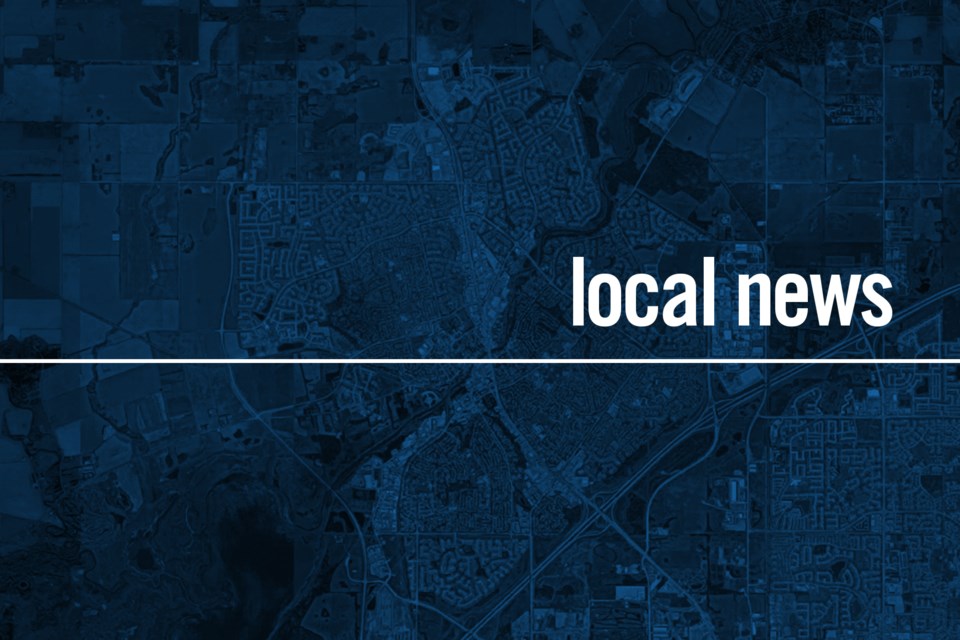Arctic caribou have moved the start of their spring migration up by almost two weeks to adapt to global heating, a new study suggests – but that hasn’t stopped their populations from plummeting.
University of Alberta ecologist Mark Boyce co-authored a study with researcher Conor Mallory in Oecologia in January on how caribou in Nunavut responded to advancing spring green-up caused by climate change.
Caribou are a vital resource for people in the north yet are in decline worldwide, Boyce said.
“We don’t know for sure why the northern caribou are declining,” he said, but one of the chief suspects is global heating, as it’s one of the few factors present Arctic-wide.
One theory is that warmer temperatures are causing spring to start sooner than normal, causing caribou to miss out on nutrition they need to produce milk for their calves.
Mallory had GPS-tracking data for the Qamanirjuaq Lake caribou herd from his time with the Nunavut government, Boyce said. (Said herd shrank 42 per cent between 1994 and 2017.) They combined that with satellite images to track how the start of caribou migration changed relative to peak spring plant growth.
The team found that spring green-up in the caribou’s calving area advanced 7.25 days between 2004 and 2016. The caribou started migrating 13.64 days earlier as well, and started having most of their calves about 9.42 days sooner.
“Our caribou are adjusting to the earlier advance of springtime,” Boyce said, with the warmer weather likely changing snow cover in the caribou’s winter grounds, prompting them to move earlier.
But that still leaves the mystery of falling caribou numbers unsolved, Boyce said. Global heating is causing more irritating bugs to move up into the Arctic, for example, and this could interfere with calving. Arctic caribou also overwinter in the boreal forest, and human disturbance of the forest (mostly through industrial development) is the cause of declines in boreal caribou.
Our best bet to preserving arctic caribou at this point is to reduce greenhouse gas emissions, Boyce said.
“If we want caribou, we’re going to have to do something about climate change.”
The paper is available at bit.ly/2SnUCcd.




